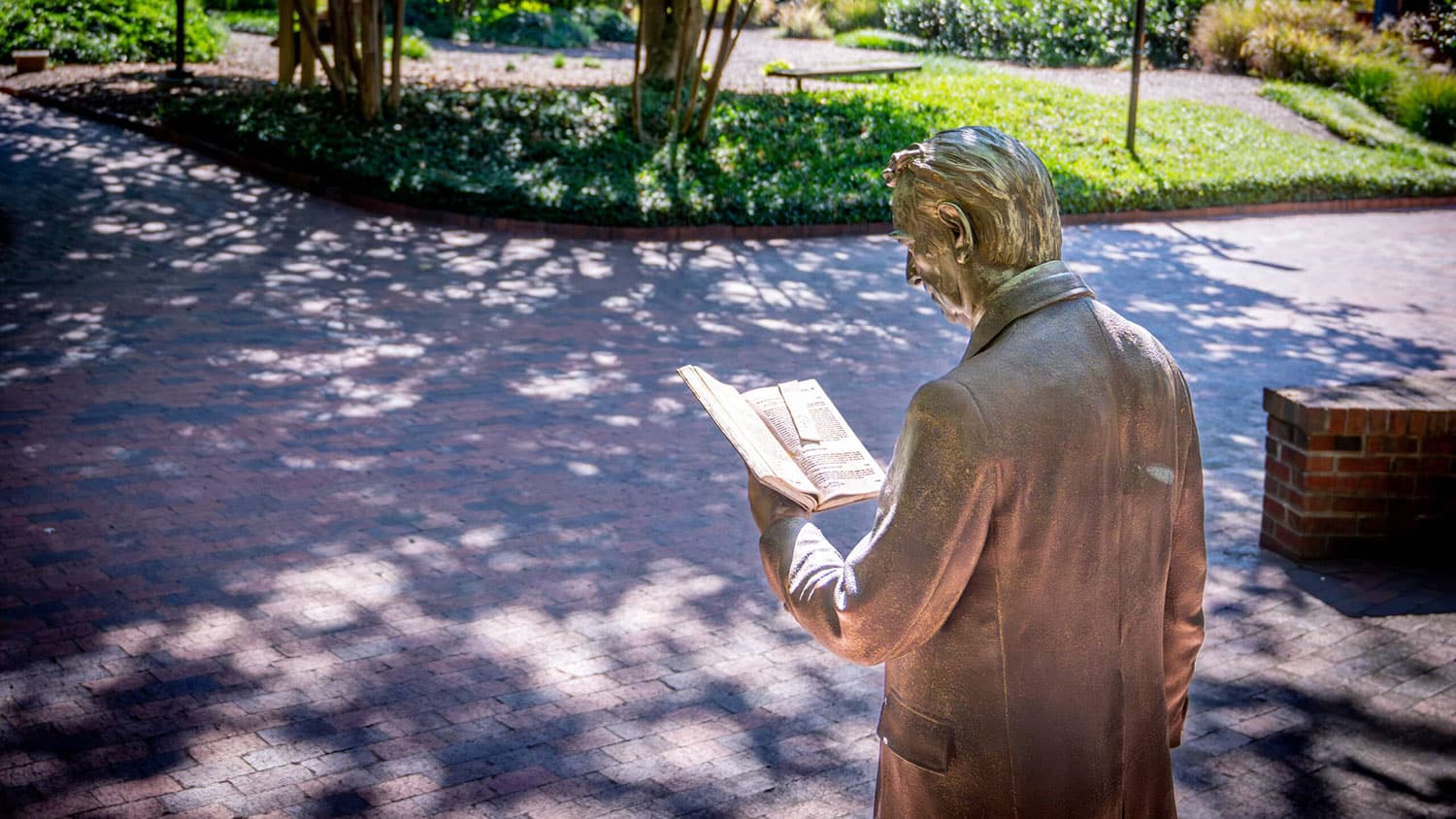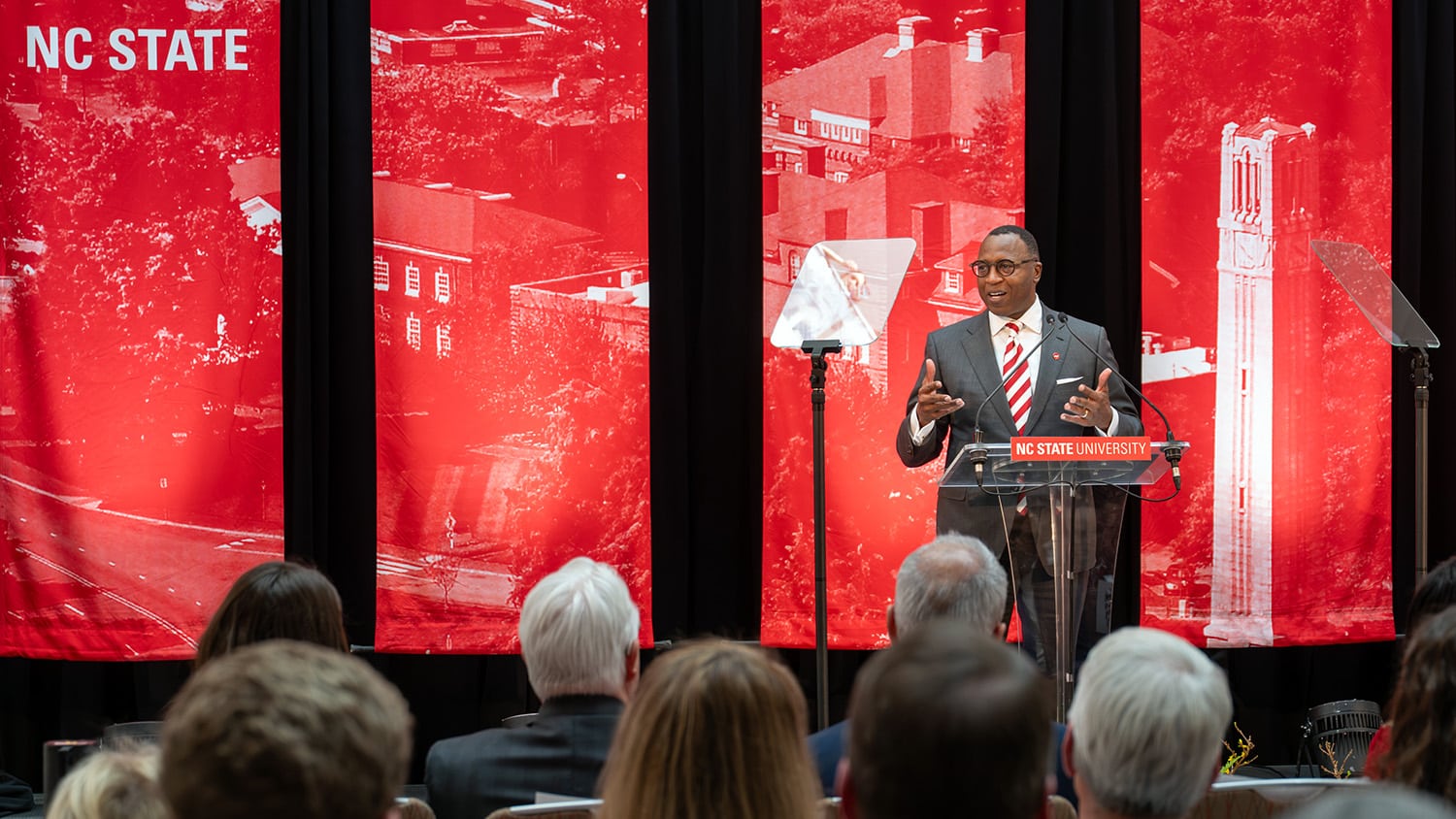Teaching by the Book
You could say Dr. Henry Schaffer has teaching in his DNA. After all, he’s spent decades in the classroom, lecturing to as many as 250 students at a time. (You could also say he has DNA in his teaching, since he taught genetics.)
So when the folks in the Office of Faculty Development asked him to join one of their new faculty reading circles a few months ago, Schaffer was intrigued. He asked the name of the book, which turns out to be, “What the Best College Teachers Do,” by Ken Bain.
Winning Over a Skeptic
“I went on the Web and read two or three reviews of the book,” he said. “Then I thought, what kind of crap is this?”
The no-nonsense emeritus professor thought the book sounded a little light, “like one of those feel-good books on personal development.”
But, trusting his colleagues in faculty development, Schaffer joined a reading circle and soon had a different tale to tell.

“We were not just reading the book, we were parsing each chapter through our own experiences and bringing in outside resources and ideas,” he said. “The book gave us structure.”
Dr. David McConnell, a professor of marine, earth and atmospheric sciences who helped set up the reading circles, has high hopes for the program, which will continue in the fall.
A Catalyst for Conversation
“The book is an easy read for people and a catalyst for conversation,” he said. “That’s what we want this to be. Faculty members have so little time to think about teaching because of the day-to-day minutiae of our lives. So we end up thinking how will I change this lecture, versus how will I change this class.”
The structure of the reading circles is simple. Each group is composed of six to eight faculty members from different disciplines and backgrounds. They meet once or twice a week to discuss a chapter in the book and to share ideas and experiences.
Schaffer said the diverse group he joined included teaching assistants as well as professors in disciplines ranging from veterinary medicine to mathematics. But they shared a common mission, he said.
“We agreed that it isn’t about technology, it’s about the relationship between the teacher and the students. It’s about making an impact on a student and building a relationship so they want to learn.”
Listen to more of our conversation with Dr. Henry Schaffer
- Categories:


